Preparing for a job interview in Korea can be challenging, especially if you are not familiar with the typical questions asked. Let’s explore the top 10 common interview questions in Korea, why they are asked, and how to answer them to make a great impression. Let’s see 10 job interview questions now.👩💼🇰🇷
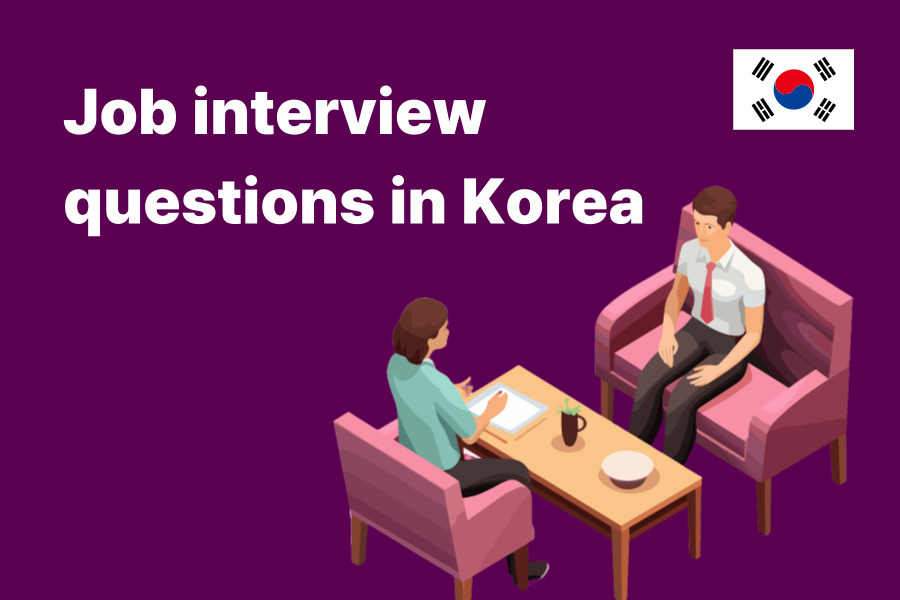
Common Job Interview Questions in Korea
1. 자기소개를 해보세요 (Self-Introduction)
Why it’s asked: This question helps the interviewer get to know you better and assess your communication skills. How to answer: Provide a brief summary of your background, education, and relevant experience. Focus on highlighting your strengths and how they relate to the job. For example: “Hello, my name is [Your Name]. I graduated from [University] with a degree in [Major]. I have [X] years of experience in [Industry], where I developed skills in [Skill 1], [Skill 2], and [Skill 3]. I am excited about this opportunity because [Reason].”
2. 왜 지원하셨나요? (Reason for Application)
Why it’s asked: The interviewer wants to know why you are interested in this job and company. How to answer: Mention specific reasons why you are attracted to the company and the role. Show enthusiasm and alignment with the company’s values and goals. For example: “I am very interested in this position because [Company Name] is a leader in [Industry]. I admire your company’s commitment to [Value or Mission]. My skills in [Skill] and [Experience] make me a great fit for this role.”
3. 우리 회사와 지원한 업무에 대해서 아는 만큼 설명해보세요 (Knowledge of the Company and Role)
Why it’s asked: This checks your understanding of the company and the job you are applying for. How to answer: Do your research beforehand. Talk about the company’s mission, products, and recent achievements. Explain how your skills and experience fit the job requirements. For example: “I know that [Company Name] is known for [Product/Service] and has a strong reputation in [Industry]. Your recent project on [Project] caught my attention. I believe my experience in [Related Experience] makes me well-suited to contribute to your team.”
4. 본인만의 장점/단점은 무엇인가요? (Strengths and Weaknesses)
Why it’s asked: The interviewer wants to understand your self-awareness and honesty. How to answer: Highlight your strengths with examples. For weaknesses, mention a real one but also explain how you are working to improve it. For example: “One of my strengths is [Strength], which has helped me achieve [Achievement]. A weakness I am working on is [Weakness], and I am addressing it by [Action].”
5. 왜 당신이 뽑혀야 한다고 생각합니까? (Why Should We Hire You?)
Why it’s asked: This is your chance to sell yourself and show confidence. How to answer: Focus on your unique skills and experiences that make you the best fit for the role. Be specific about how you can add value to the company. For example: “You should hire me because of my [Skill] and [Experience]. I have successfully [Achievement], and I am confident that I can bring the same level of excellence to your team.”
Wait! If you want to learn how to write a resume and cover letter in Korean and learn Korean interview skills, we recommend the following brands: Chapter Korean’s Business Korean Class
6. 성공/실패했던 설명 (Successes and Failures)
Why it’s asked: The interviewer wants to see how you handle success and failure. How to answer: Share a specific example of a success and a failure. Emphasize what you learned from each experience and how it has helped you grow professionally. For example: “One of my successes was [Success], where I [Detail]. I learned [Lesson]. A failure I experienced was [Failure], but it taught me [Lesson]. Since then, I have improved by [Action].”
7. 상사, 동료와의 갈등을 해결했던 경험 (Handling Conflicts with Colleagues)
Why it’s asked: This question assesses your interpersonal and problem-solving skills. How to answer: Provide an example of a conflict and explain how you resolved it. Focus on your ability to communicate effectively and maintain professional relationships. For example: “In a previous job, I had a conflict with a colleague about [Issue]. I resolved it by [Action], which improved our collaboration and led to [Positive Outcome].”
8. 스트레스 관리하는 법 (Managing Stress)
Why it’s asked: Employers want to know how you cope with stress. How to answer: Describe your methods for managing stress, such as time management, exercise, or mindfulness. Provide examples of how you have successfully handled stressful situations in the past. For example: “I manage stress by [Method], such as [Exercise/Meditation]. When I faced a stressful project at work, I [Action], which helped me stay focused and productive.”
9. 앞으로의 포부, 커리어 계획 (Future Goals and Career Plans)
Why it’s asked: This helps the interviewer understand your long-term career aspirations. How to answer: Talk about your career goals and how this position fits into your plans. Show that you are ambitious but also realistic about your career path. For example: “My long-term goal is to become [Goal], and I believe this position will help me develop the skills I need to achieve it. I am excited about the opportunities for growth at [Company Name].”
10. 마지막으로 하고 싶은 질문 (Last job interview questions for the Interviewer)
Why it’s asked: This shows your interest in the role and the company. How to answer: Prepare a few thoughtful questions about the company’s culture, team structure, or future projects. Avoid questions about salary or benefits in the initial interview. For example: “Can you tell me more about the team I will be working with?” or “What are the company’s goals for the next few years?”
Tips for Answering Korean Job Interview Questions
- Be Prepared: Research the company and practice your answers to common questions.
- Be Honest: Always answer truthfully and show self-awareness.
- Be Clear and Concise: Keep your answers focused and to the point.
- Show Enthusiasm: Express genuine interest in the role and the company.
- Practice Politeness: Use formal language and show respect to the interviewers.
Conclusion: job interview questions
How was today’s 10 job interview questions? Preparing for a job interview in Korea involves understanding common questions and practicing your answers. By knowing why these questions are asked and how to respond effectively, you can make a great impression and increase your chances of success. Good luck with your job interview! 🍀🇰🇷
If you want to learn how to write a resume and cover letter, job interview questions in Korean and learn Korean interview skills, we recommend the following brands: Chapter Korean’s Business Korean Class
If you need to study job interview questions alone, you can also join to 4-week challenge. Join our program!!
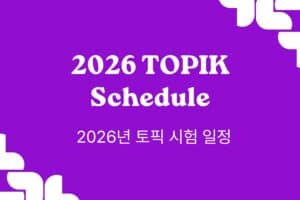
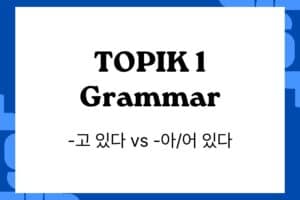
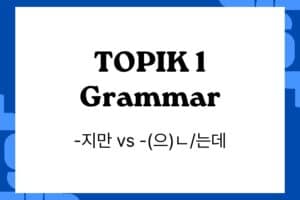
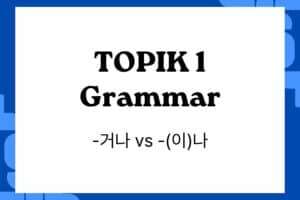
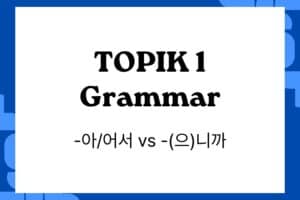
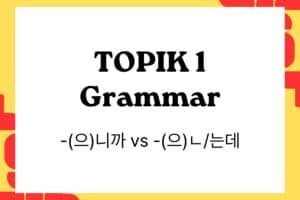
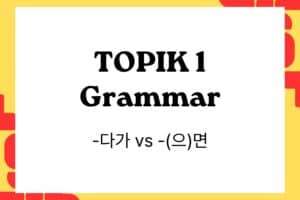
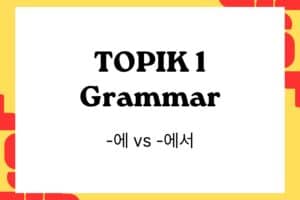
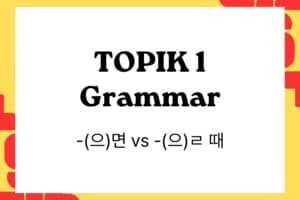
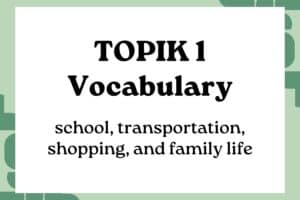
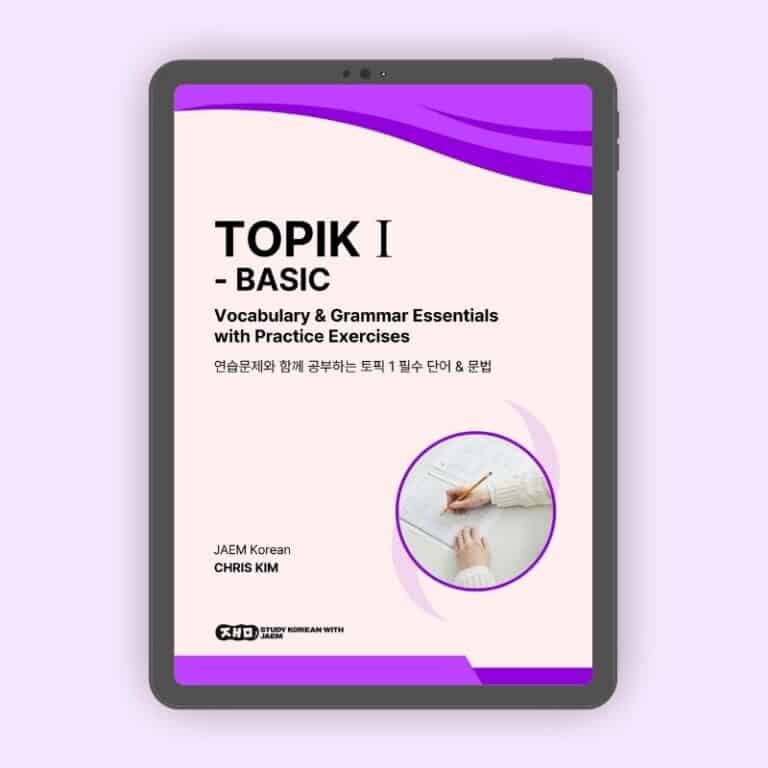
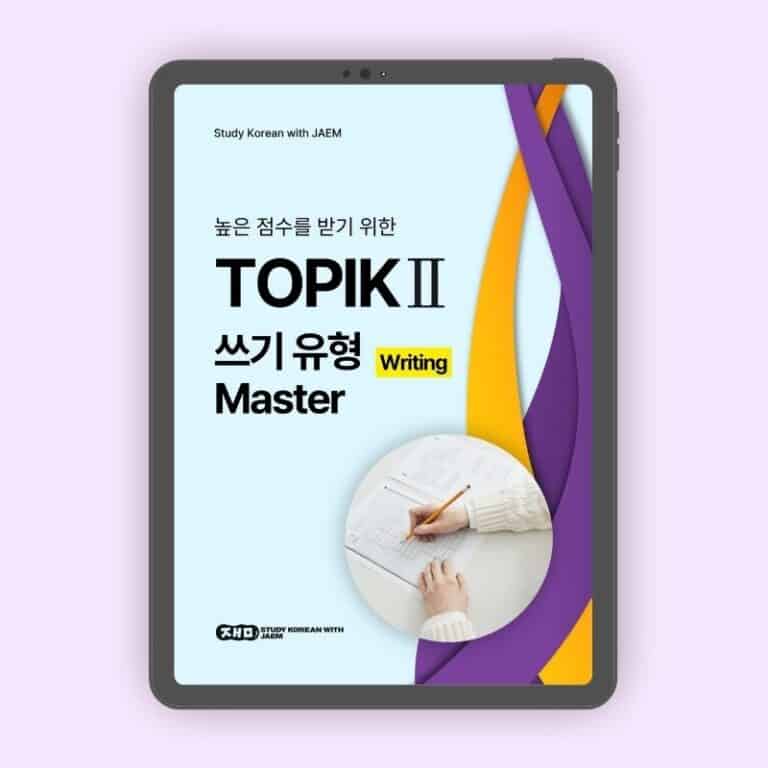
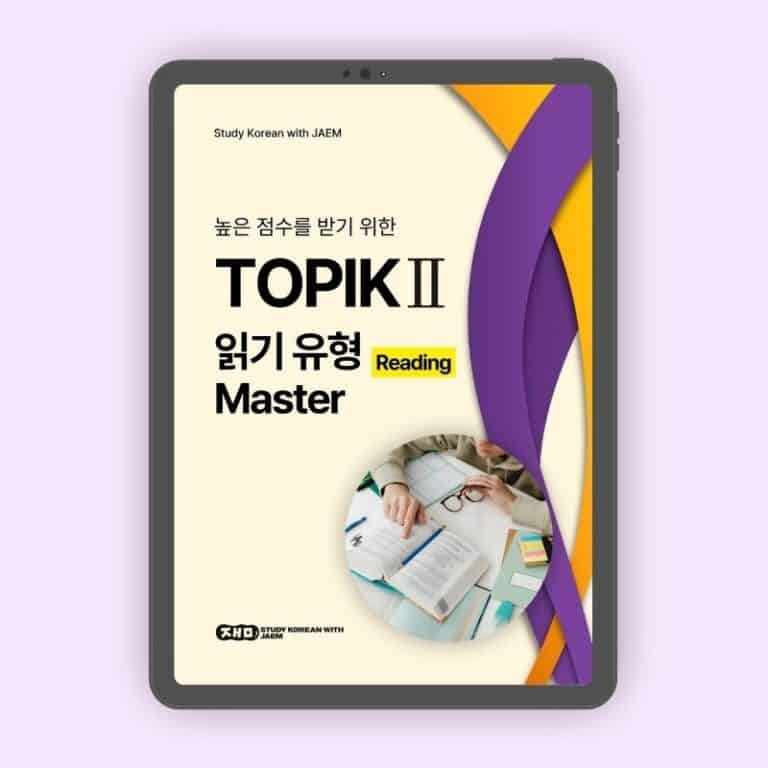
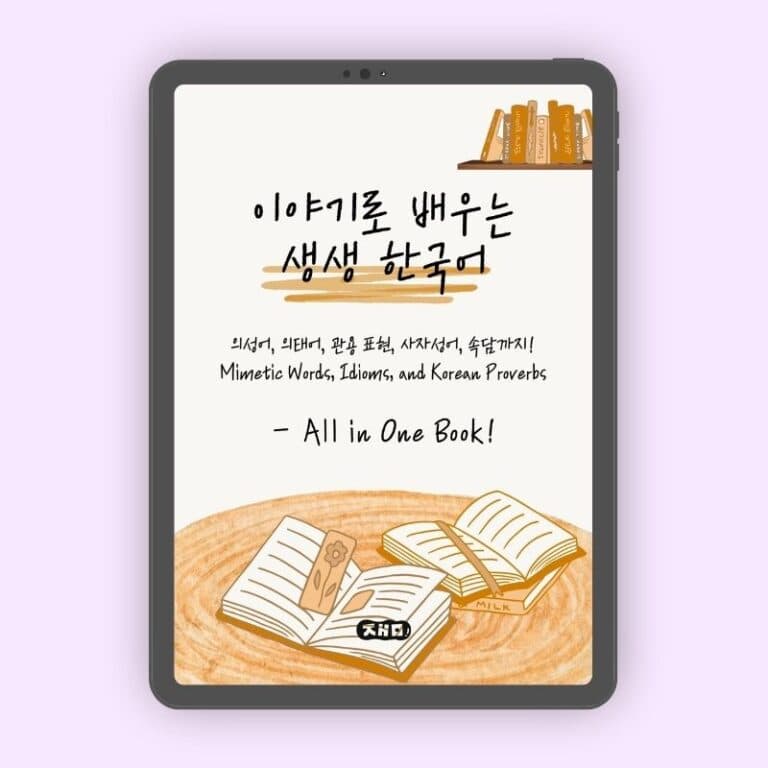
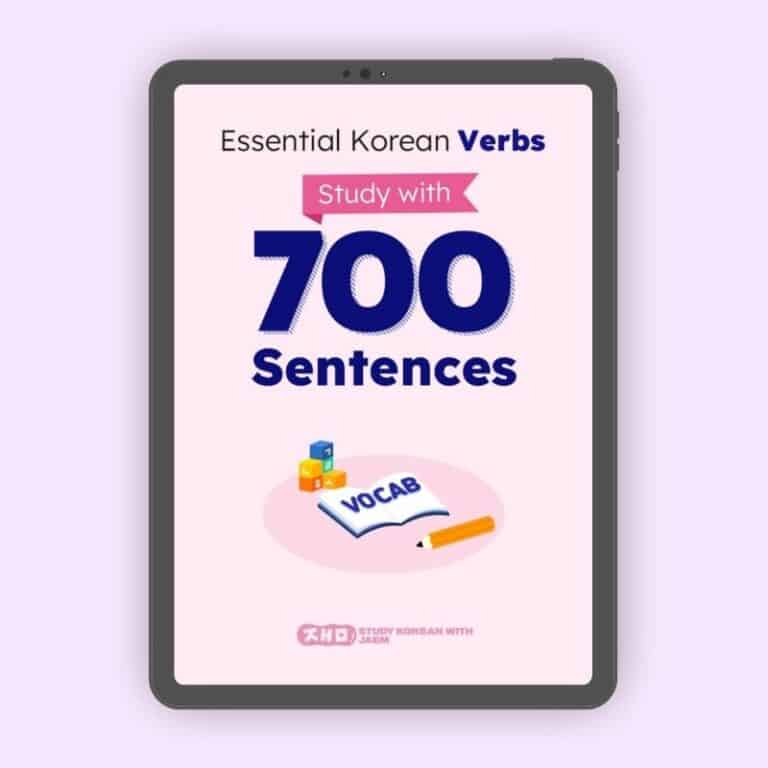
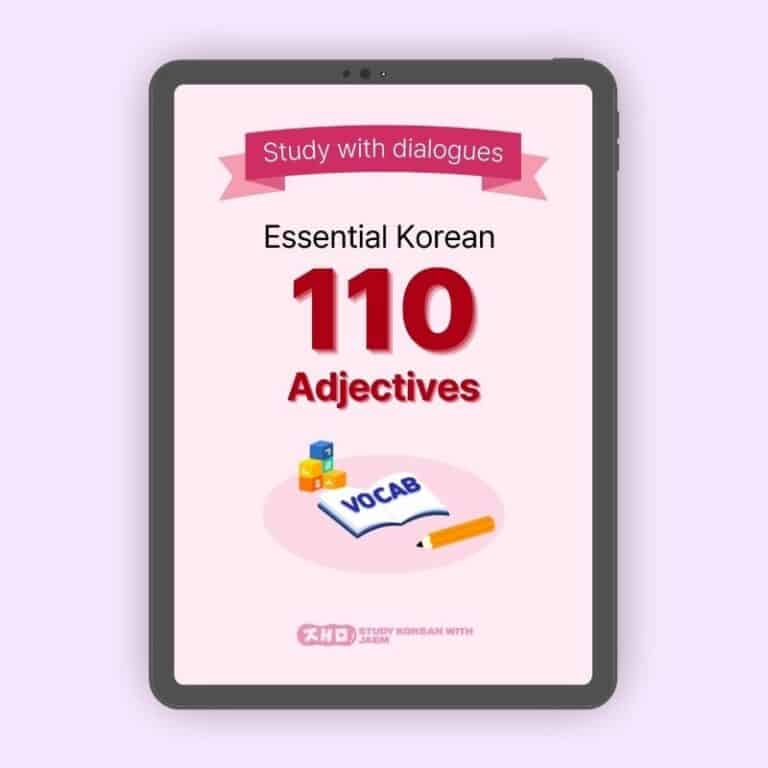
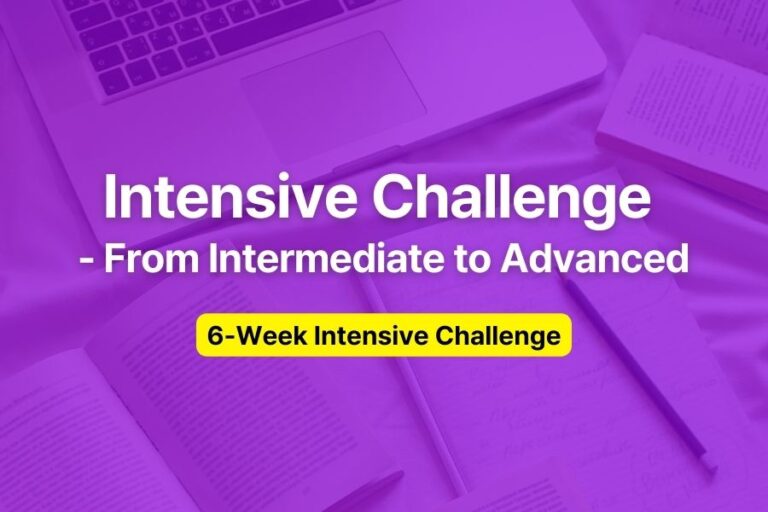
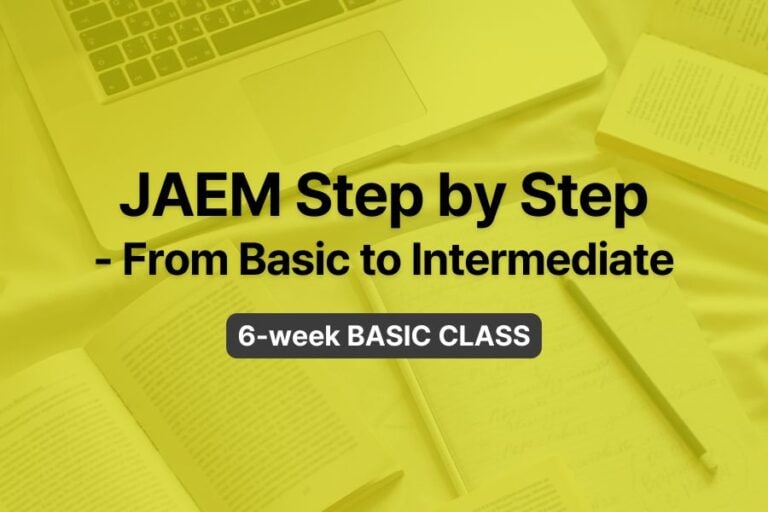
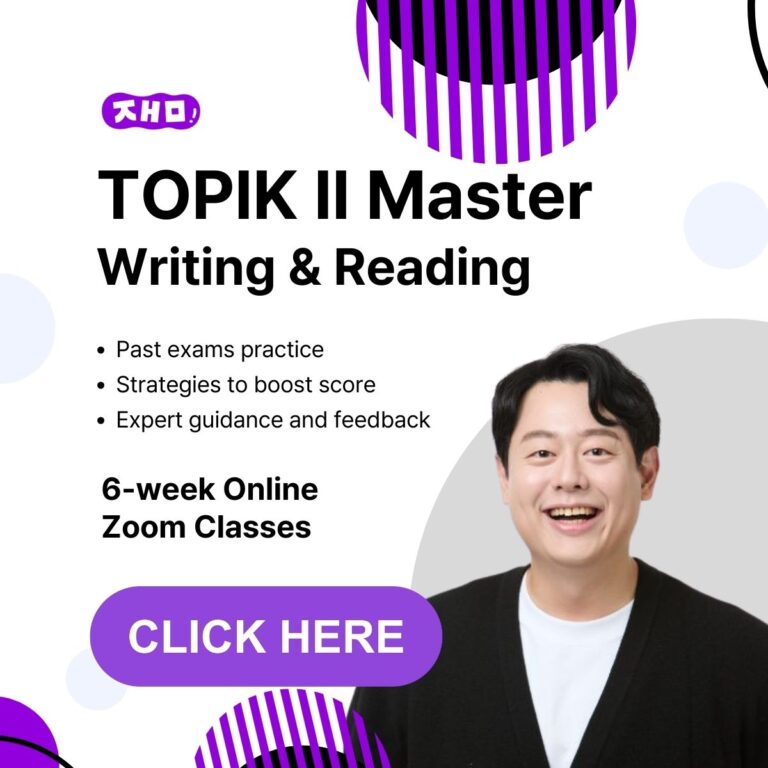
Responses